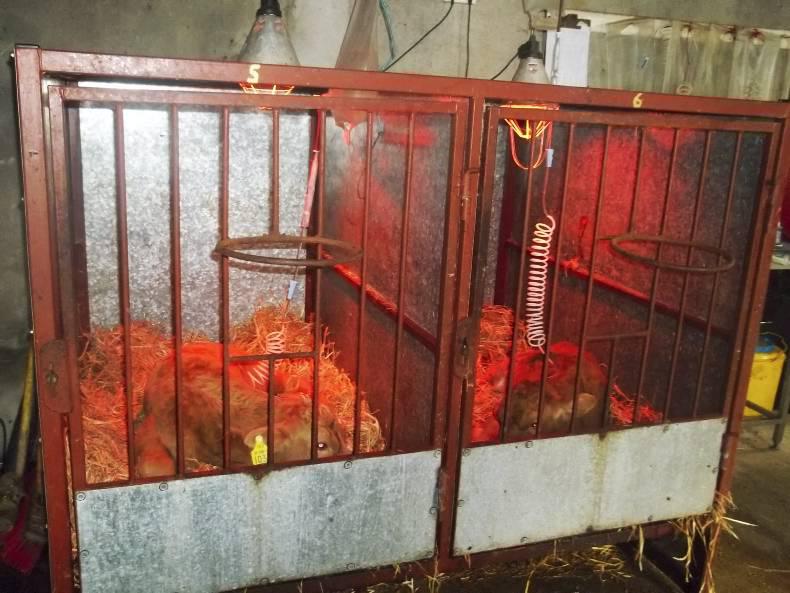The starting point in any health programme is to accurately identify what you are trying to treat or prevent. While a percentage of farm deaths in animals are one-off, every case of disease-related mortality should be viewed with caution as a potential disease outbreak, as should illnesses occurring in more than one animal.
In the absence of a known cause or veterinary diagnosis, the next best port of call is frequent laboratory analysis.
The Department of Agriculture’s regional veterinary laboratories (RVLs) offer a comprehensive diagnosis service covering post-mortems of fallen animals or analysis of disease-causing pathogens or viruses. The RVLs and their details are listed in Table 1.
Sample submission
A huge contributor in making an accurate post-mortem diagnosis is the quality of the sample submitted. The greatest success is in submitting fresh samples that are complete and free from contamination.
For example, in the case of foetal abortions or animals dead at birth, it is generally advisable, where possible, to submit foetal membranes along with the foetus.
In the case of scours or viruses, faecal or blood samples may be required along with swabs or vice versa.
It is important to note that submission of samples to a RVL must be done in conjunction with your veterinary practitioner – either your vet takes care of submitting the sample or makes arrangements for you to deliver. A new pricing programme for post-mortems was also introduced in March 2014.
New costs
The Department explained that the new pricing mechanism was introduced to incorporate the cost of waste disposal. This has been done to bring total charges for post-mortem and waste disposal in line with knackery charges and also to deter some producers who were using the service as a means of disposing of carcases at a lower cost.
Reports suggest the move has been generally accepted, with farmers valuing the service on offer. However, one area where some farmers have voiced frustration is the requirement to pay the waste disposal charge on delivery of the animal and continue to pay the post-mortem charge with their veterinary practitioner, with some reports of administration charges being added above those outlined in Table 2.
It is important to note RVL waste disposal charges must be paid by card or cheque, with no facility available to pay by cash. VAT has also been added to all fees at 23% since 31 March 2014, following a decision taken by Revenue.
Costs for all other tests undertaken in laboratories (blood tests for example) can be viewed online by logging on to www.agriculture.gov.ie, progressing to the animal health and welfare section and then into the regional veterinary laboratory section.
BVD tagging and bovine foetuses
All foetuses must also be tagged to comply with the BVD national eradication programme. RVLs will no longer accept carcases of bovine foetuses unless they are tagged with an approved tissue sample tag as evidence of identification and sampling.
The RVL will not accept responsibility for BVD testing and the onus lies with the producer to have the sample analysed in an Animal Health Ireland-approved laboratory.
As can be seen in Table 2, there is no charge listed for post-mortem examination of bovine foetuses. The Department explains this is to encourage submission of bovine foetuses for examination and enhance surveillance for causes of bovine abortion. Again, foetuses must possess relevant tags.







SHARING OPTIONS